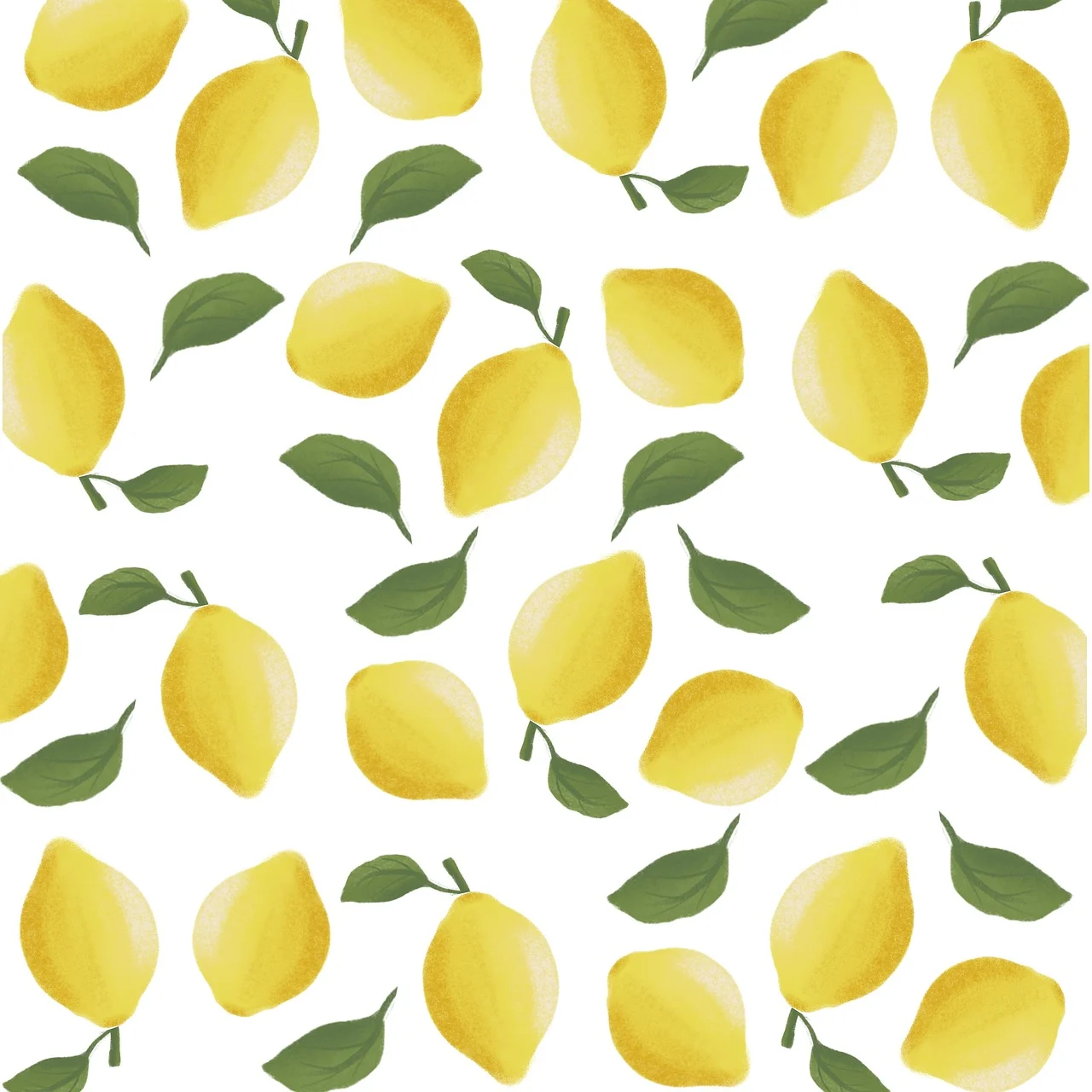This is for informational purposes only. For medical advice or diagnosis, consult a professional.
Beyond Supplements: Foods That Naturally Boost NAD+ and NADH Levels
The quest for longevity has led many to explore NAD+ boosting supplements.1
However, a natural and holistic approach to enhancing NAD+ levels lies in the foods we consume.2
Certain dietary components can support the body’s natural NAD+ production, offering a gentle yet effective way to promote cellular health and potentially slow down the aging process.3
Understanding NAD+ and NADH
Before delving into the foods that can boost NAD+ and NADH levels, let’s briefly revisit their significance. NAD+ and NADH are two crucial coenzymes involved in numerous cellular processes, including:4
- Energy Production: NAD+ and NADH are essential for cellular respiration, the process by which cells convert nutrients into energy.5
- DNA Repair: NAD+ plays a vital role in DNA repair mechanisms, helping to protect cells from damage and prevent the accumulation of mutations.6
- Cellular Signaling: NAD+ and NADH are involved in various cellular signaling pathways, regulating processes such as gene expression, cell growth, and cell death.7
Dietary Strategies to Boost NAD+ and NADH
- Embrace Vitamin B-Rich Foods: Vitamin B3 (niacin) is a crucial precursor for NAD+ synthesis.8 Foods rich in vitamin B3 include:
- Lean meats: Chicken, turkey, beef
- Fish: Tuna, salmon, mackerel9
- Legumes: Lentils, beans, chickpeas10
- Nuts: Peanuts, walnuts
- Seeds: Sunflower seeds, sesame seeds
- Whole grains: Brown rice, quinoa, oats11
- Incorporate Polyphenol-Rich Foods: Polyphenols, found abundantly in plant-based foods, have been shown to activate enzymes involved in NAD+ synthesis. Excellent sources of polyphenols include:
- Berries: Blueberries, strawberries, raspberries
- Dark chocolate: Opt for high-quality, dark chocolate with a high cocoa content.
- Green tea: Rich in catechins, a type of polyphenol.12
- Red wine: Moderate consumption of red wine may provide some polyphenol benefits.13
- Coffee: Coffee contains polyphenols and may also stimulate NAD+ production.
- Prioritize Fermented Foods: Fermented foods, such as yogurt, kefir, kimchi, and sauerkraut, contain beneficial bacteria that can contribute to NAD+ production.14
- Consider Dairy Products: Dairy products, particularly milk, are a good source of nicotinamide riboside (NR), a precursor to NAD+.15
- Don’t Forget the Greens: Leafy green vegetables like spinach, kale, and broccoli contain small amounts of NAD+ and may also support NAD+ synthesis.16
Key Considerations
- Dietary Diversity: A balanced diet rich in whole foods is crucial for overall health and NAD+ levels.
- Food Preparation: Cooking methods can affect nutrient content.17 Steaming, grilling, and stir-frying are generally preferable to frying or boiling.
- Individual Variations: The impact of dietary interventions on NAD+ levels may vary from person to person.
- Consulting a Professional: It’s always advisable to consult a healthcare professional or registered dietitian for personalized dietary guidance.
Conclusion
While NAD+ boosting supplements have gained popularity, incorporating a variety of nutrient-rich foods into your diet offers a natural and sustainable approach to enhancing NAD+ levels.18
By embracing a whole-food, plant-based diet rich in vitamins, polyphenols, and fermented foods, you can support your body’s natural NAD+ production and potentially contribute to improved cellular health and longevity.
Disclaimer: This information is for educational purposes only and should not be considered medical advice. Always consult with a qualified19 healthcare professional before making any20 decisions about your health.

Leave a Reply
You must be logged in to post a comment.